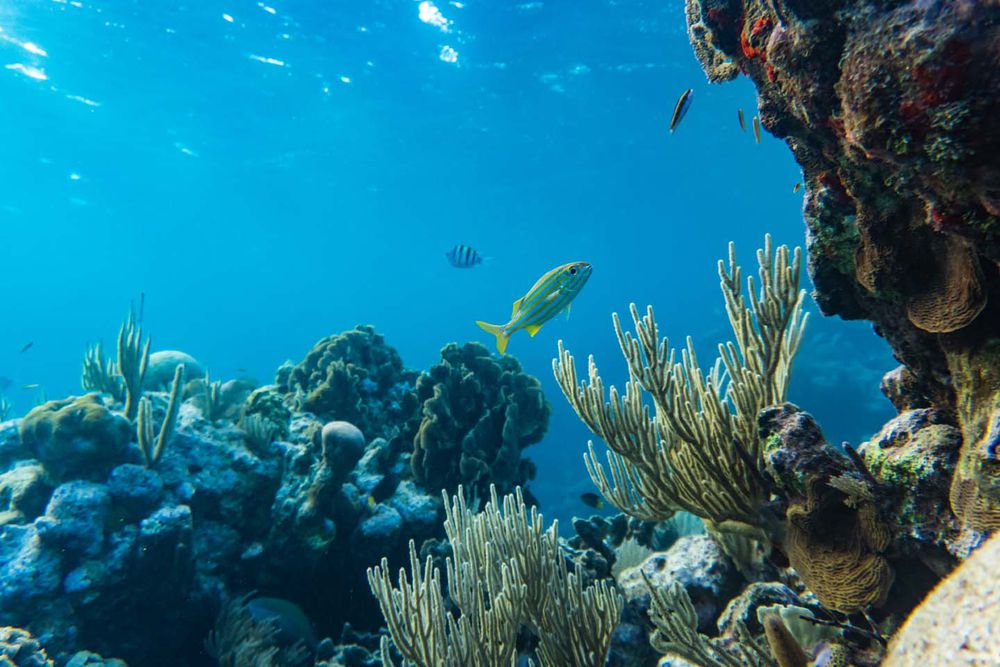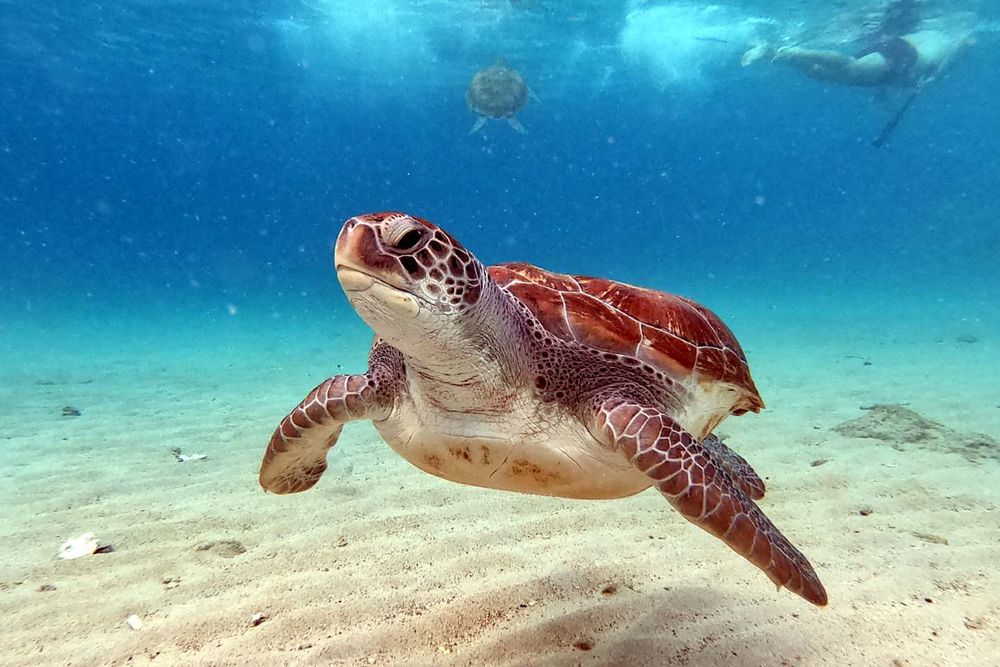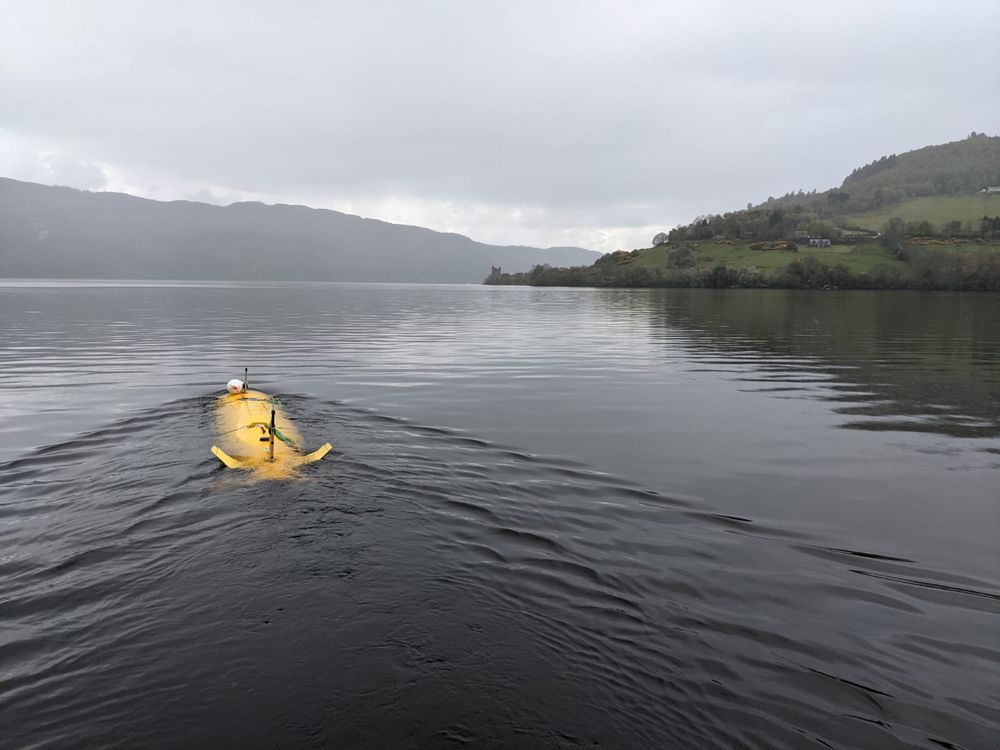Start the conversation
Contact us today to see how you could benefit from our services, technology and marine expertise

Doing what must be done today to preserve tomorrow
According to the IPCC, global temperatures will stabilise when man-made CO₂ emissions reach net zero.
To limit warming to 1.5°C – the threshold beyond which avoiding irreversible changes to our climate and protecting vulnerable people and wildlife will be almost impossible – we need to achieve net zero by the early 2050s.
That’s easier said than done though. Almost all sectors – including transport, energy and infrastructure – still rely on fossil fuels.

There’s no denying it’ll take a Herculean effort from all corners of the world to reverse our current trajectories.
But it’s possible. In fact, it’s not just possible – it’s necessary. And, like any journey, it can be simplified with science, technology and creative collaboration.
These are our areas of expertise.
Leading robotic technology from NOC Innovations could be used worldwide to support crucial ocean monitoring, while drastically reducing carbon emissions.
Dr Daniel Jones
NOC Innovations
NOC Innovations has the resources, knowledge and experience to paint a panoramic portrait of your organisation’s sustainability profile.
Our scientific research is providing new insights into the ocean environment, and helping organisations make informed decisions about how they operate and how they’re going to achieve net zero.
We’re not here to tell you what you want to hear, or help you tick boxes. The road to net zero has many lanes, so we’ll assess every area of your organisation and open your eyes to the opportunities we know will lead to sustainable and transformative progress.

We’ll start by calculating and analysing the environmental impact of your offshore operations.
Once we have a clear picture, we’ll work with you to devise strategies to reduce your emissions as much as possible in ways that make logical and economic sense.

Our autonomous engineering capabilities will be vital here. Replacing marine diesel vessels with those that run on batteries will reduce carbon and noise pollution, and make your operations safer by removing the risk to human life.
The last step will be to offset the emissions that simply cannot be avoided. There are several effective ways to achieve this, from rainforest preservation to direct air capture and storage. We’ll guide you here, and make recommendations based on decades of research and analysis.
distance travelled by our ALR over 21 days
Sustained global ocean observations using autonomous platforms allow us to peer into the seas like never before.
Professor Sir Ian Boyd
NZOC Summary Report